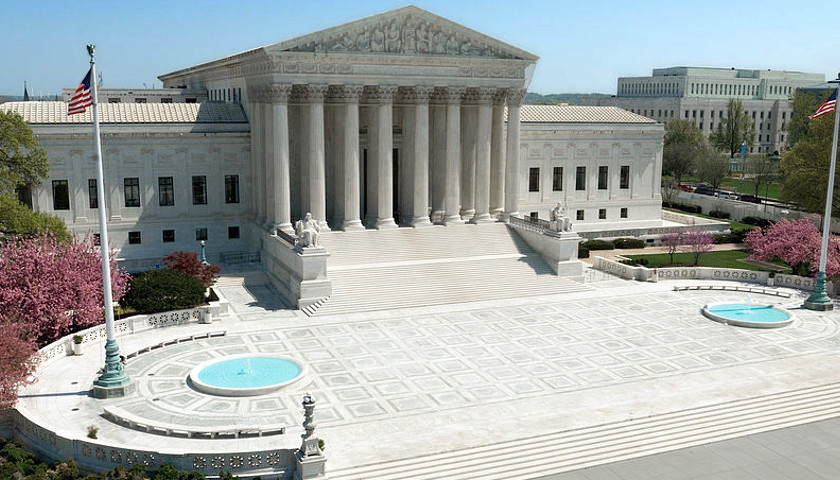

The U.S. Supreme Court declined on Monday to hear an argument to the legality of buffer zones used to protect access to abortion clinics and limit harassment of patients in a challenge brought by anti-abortion activists who have argued that their free speech rights were being violated.
The justices turned away appeals by self-described “sidewalk counselors” in New Jersey and Illinois of lower court decisions to throw out their lawsuits that had claimed the buffer zones violate free speech protections under the U.S. Constitution’s First Amendment. The activists were asking the Supreme Court to overturn its 2000 ruling allowing a Colorado buffer zone law.
Conservative Justices Clarence Thomas and Samuel Alito said they would have taken up the appeals.
The legality of so-called buffer zones that create a perimeter around abortion facilities, or “floating” zones that put distance between demonstrators and a clinic’s patients or staff, has been legally contested for decades. The issue pits free speech rights against concerns over harassment and violence by anti-abortion protesters.
The Supreme Court has a 6-3 conservative majority. In 2022, the court overturned the 1973 Roe v. Wade ruling that had legalized abortion nationwide, ending its recognition of a woman’s constitutional right to terminate her pregnancy. Since that ruling, the issue of buffer zones has regained prominence.
While numerous Republican-led states have banned or severely restricted abortion, some municipalities in states where it remains legal have adopted buffer zone ordinances to limit intimidation and harassment, drawing legal challenges.